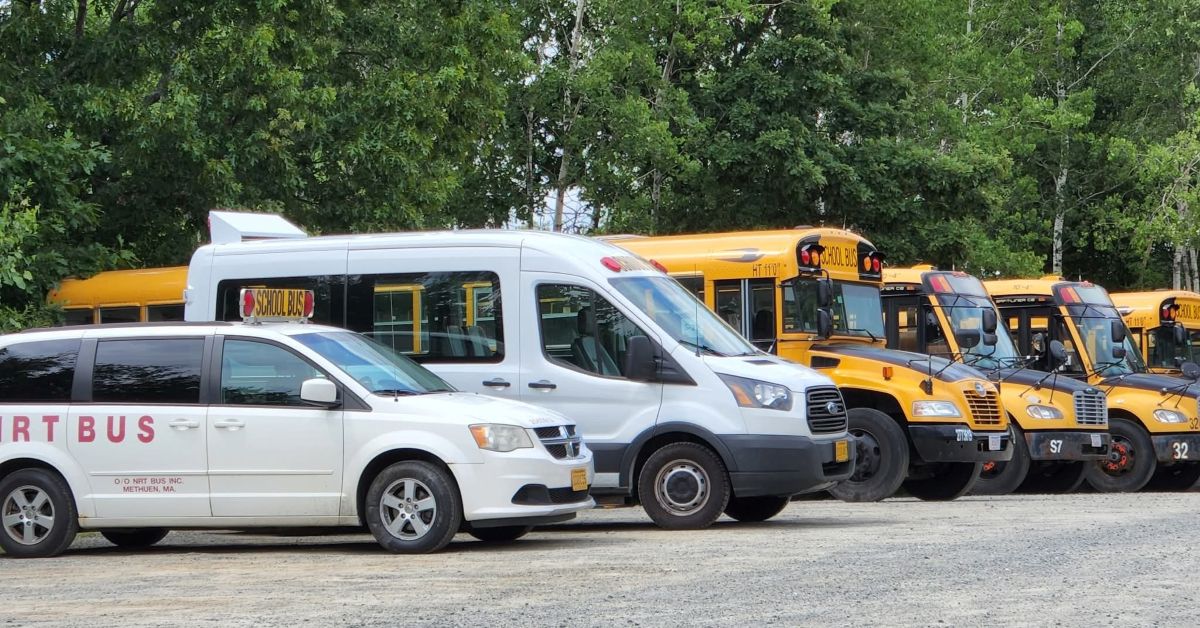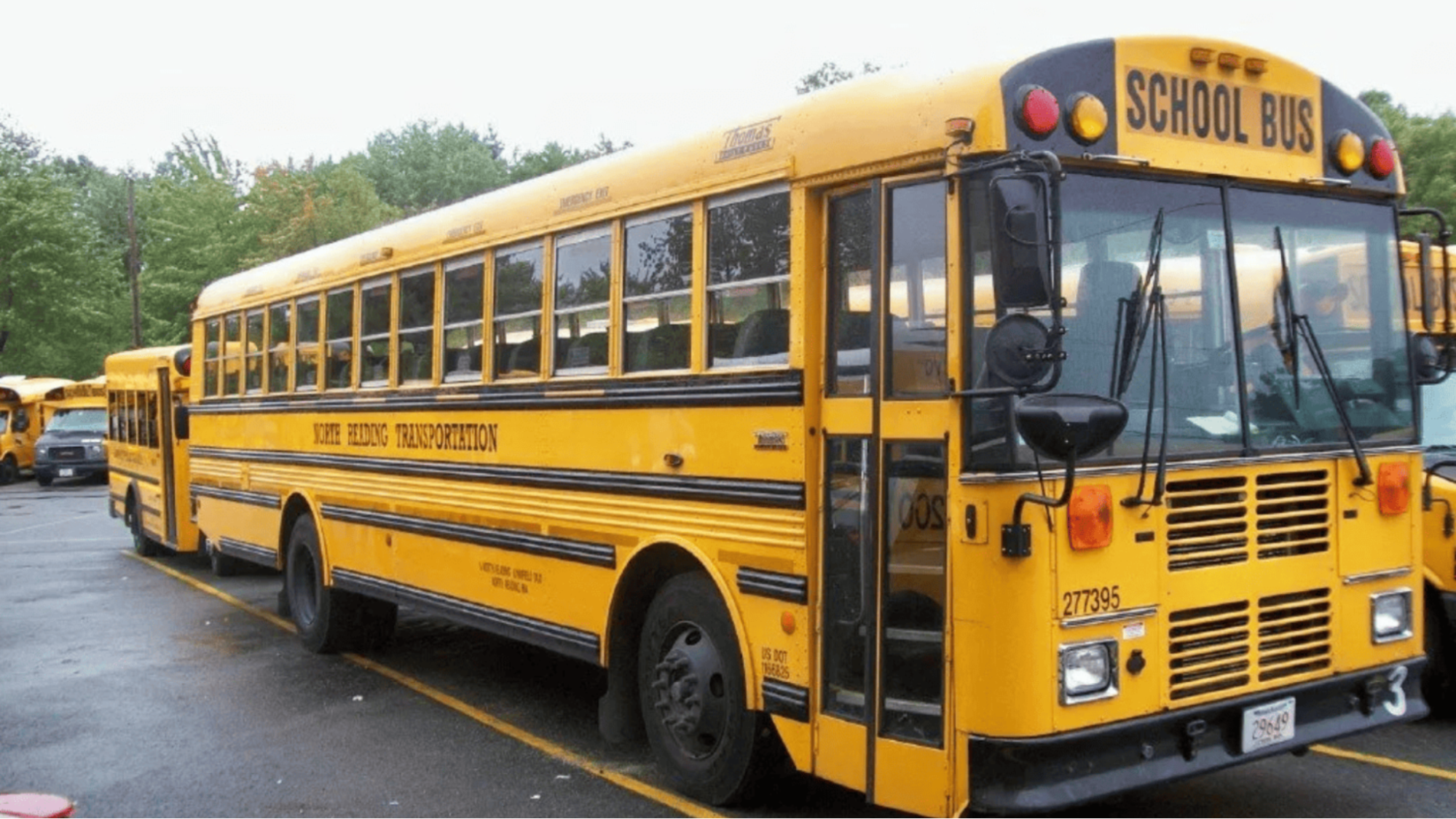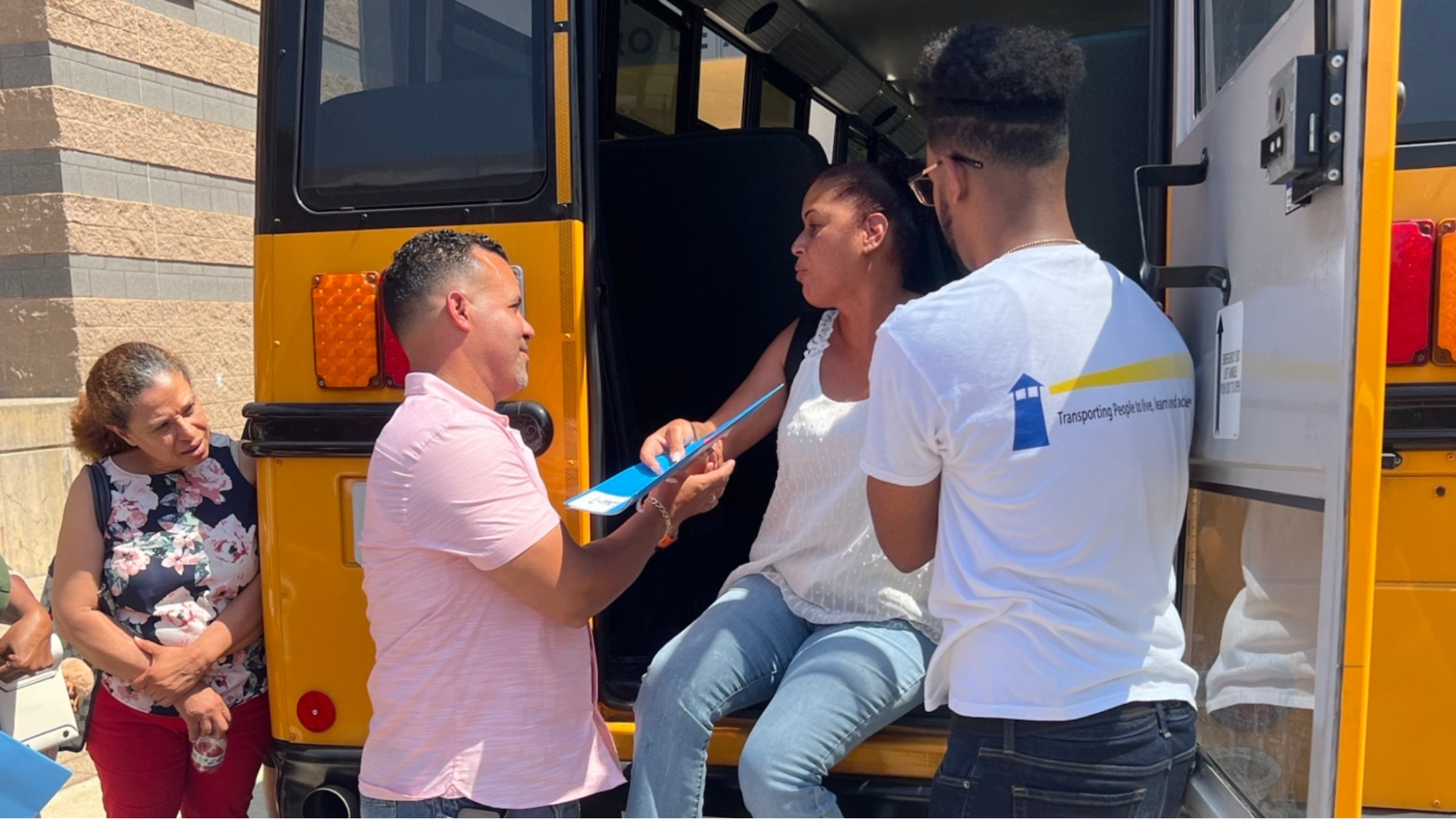Why Field Trip Bus Rules Matter in 2025
In Massachusetts, field trips remain one of the most exciting parts of the school year. They give students opportunities to explore museums, science centers, nature reserves, and historic landmarks while deepening classroom learning.
But behind the fun is a serious responsibility: making sure transportation meets safety, legal, and compliance standards. In 2025, updates to state and federal expectations make it essential for districts to revisit their field trip transportation policies. At NRT, we’ve supported Massachusetts schools for decades, and we know that getting field trip bus rules right protects students, staff, and districts.
Here’s a breakdown of what every school in Massachusetts must know this year.
Driver Licensing and Training
Field trip safety begins with the driver. All Massachusetts field trip buses must be operated by drivers who:
- Hold a valid CDL with the proper school bus endorsement.
- Complete annual refresher training on student safety and emergency procedures.
- Undergo background checks and meet drug/alcohol testing standards.
Schools can review official requirements through the Massachusetts DESE Student Transportation guidance.
Vehicle Safety Standards
Before a bus leaves the yard, it must meet strict safety inspection requirements. For 2025, this means:
- Daily pre-trip inspections by the driver.
- Properly functioning emergency exits, lights, and signaling systems.
- ADA-compliant equipment for students who require lifts or securement systems.
The National Highway Traffic Safety Administration (NHTSA) school bus safety guidelines provide additional best practices that Massachusetts schools can adapt.
Chaperone and Supervision Requirements
Massachusetts districts are expected to ensure sufficient adult supervision on field trip buses. Best practices include:
- Assigning one chaperone per bus in addition to the driver.
- Conducting a quick headcount before departure and at each stop.
- Training staff and volunteers on emergency procedures.
Good supervision prevents behavioral incidents and ensures all students remain safe from start to finish.
Clear Communication With Parents
Parents want reassurance that transportation for field trips is just as safe as daily school buses. Districts should:
- Send route, schedule, and driver information home in advance.
- Clarify pickup and drop-off procedures, especially for trips outside regular school hours.
- Establish a communication plan for emergencies or delays.
Inbound Link Opportunity: For tips on how schools can prepare families for transportation routines, see our blog on Your Back-to-School Bus Readiness Checklist for August.
Emergency Preparedness Rules
No one wants to think about emergencies during a field trip, but preparedness is key. Massachusetts districts should confirm that:
- Drivers and chaperones conduct student evacuation drills.
- Each bus has a stocked first-aid kit and working fire extinguisher.
- Alternate routes are planned in case of road closures or traffic.
- Backup vehicles or substitute drivers are available if needed.
Strong emergency protocols keep trips safe and minimize disruptions.
Documentation and Compliance Records
In 2025, districts are expected to maintain clear records of all field trip transportation activities, including:
- Vehicle inspection logs.
- Driver certifications.
- Chaperone assignments.
- Parent permission slips and medical information for students.
Good documentation not only ensures compliance but also protects schools from liability.
Building Rules Into Event Planning
Field trips involve more than booking a bus. To align with Massachusetts rules:
- Coordinate early with transportation providers to secure the right vehicles.
- Factor transportation into field trip permission forms.
- Communicate rules and expectations clearly to staff, chaperones, and parents.
Planning ahead makes compliance feel seamless rather than rushed.
Final Thoughts: Safer Trips, Better Learning
Field trips are among the most memorable school experiences, but they also come with significant responsibility. By following Massachusetts field trip bus rules in 2025, schools can protect students, reassure families, and create smooth, worry-free trips.
At NRT, we’re committed to supporting districts with safe, compliant, and reliable transportation for every kind of event. From route planning to emergency preparedness, our goal is to ensure that every bus trip supports student safety and educational success.
Ready to plan your next field trip?
Contact NRT today to secure reliable, compliant bus rentals for Massachusetts school trips this year.







